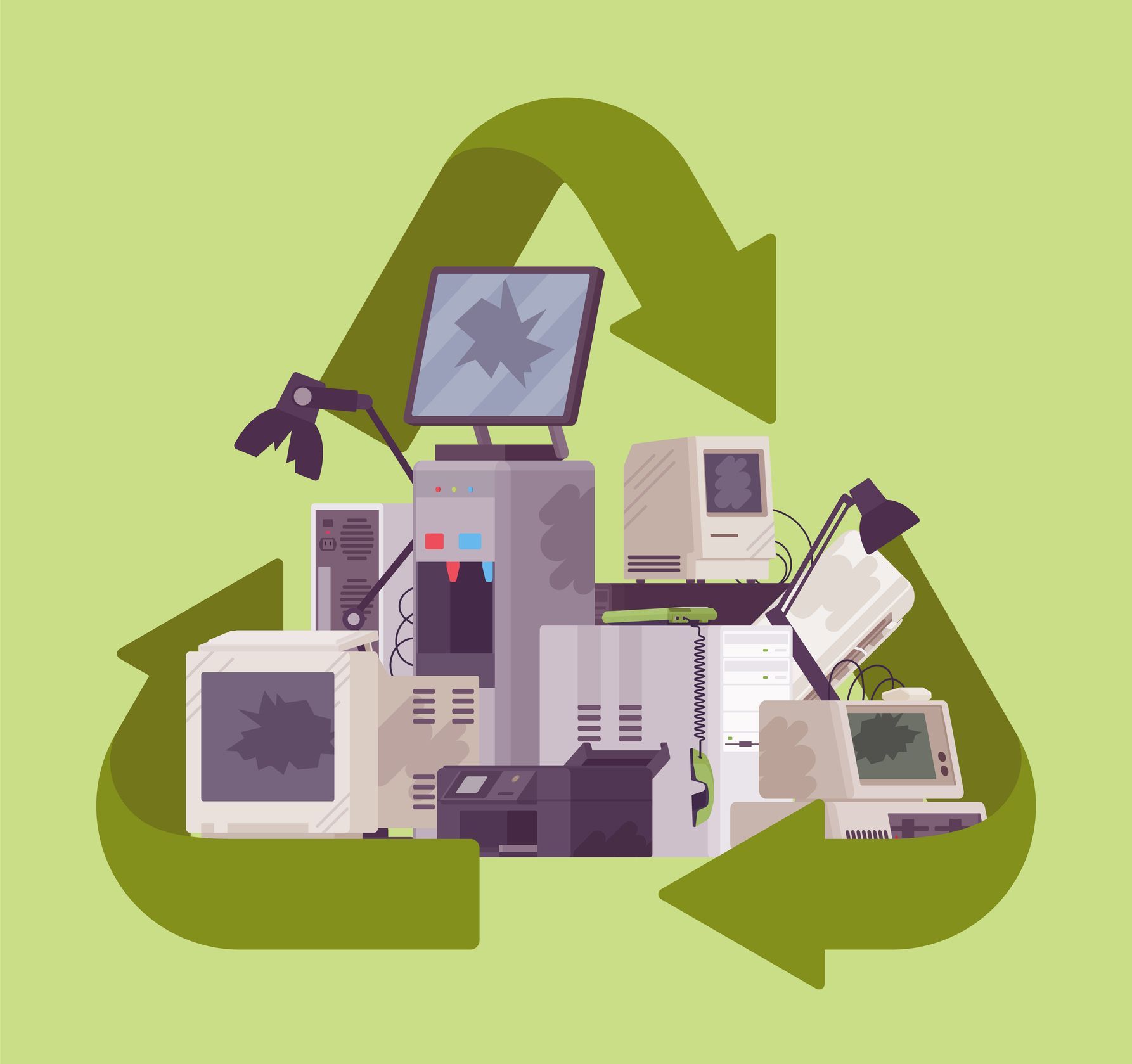A Guide to Recycling Household Appliances: Tips and Insights on Sustainable Disposal
In today’s world, recycling household appliances is more important than ever. From reducing landfill waste to recovering valuable materials, recycling old or broken appliances contributes significantly to protecting our environment. However, many people are unsure how to properly recycle common household items. In this guide, we’ll cover the basics of recycling household appliances, providing useful tips and insights for sustainable disposal, and how facilities like Mellor Metals can assist you in the process.

Why Recycle Household Appliances?
Household appliances are made from a range of materials, including metals, plastics, and glass. Many of these materials can be recycled and reused in manufacturing new products, which conserves natural resources and reduces energy consumption. When appliances end up in landfills, they can also leak harmful substances, such as refrigerants or toxic chemicals, which can contaminate soil and water sources. Recycling these items not only recovers valuable metals but also prevents hazardous waste from polluting the environment.
Common Household Appliances You Can Recycle
Here’s a list of some common household appliances that are easy to recycle:
- Refrigerators and Freezers
These large appliances contain metals like steel and copper that are highly recyclable. However, they also contain refrigerants that must be safely removed before recycling, so be sure to take them to certified recycling centres like Metal Recyclers, where this process is handled correctly. (Charges may apply) - Washing Machines and Dryers
These laundry appliances are mostly made of steel, a highly valuable material in the recycling industry. Recycling them helps save energy and reduces the need for mining new metals. - Dishwashers
Dishwashers are largely metal based, but they also contain plastic parts and electrical components. Many parts, such as motors and wiring, can be recycled for their metal content. - Air Conditioners
Like refrigerators, air conditioners contain refrigerants that need special handling. However, the metal components like copper, steel, and aluminium can be salvaged and recycled effectively. (Charges may apply)
How to Prepare Your Appliances for Recycling
Before taking your appliances to a recycling facility, follow these steps to ensure they are ready:
- Detach Removable Parts
Detach any parts that can be removed easily, such as glass trays from microwaves or racks from ovens. This helps make the recycling process more efficient and ensures that different materials are sorted correctly. - Clean the Appliances
If possible, clean your appliances before taking them to a recycling centre. This isn’t mandatory, but removing food residues or grime will make handling easier for the facility. - Check for Local Pick-Up Options
Many scrap metal recycling facilities, like Mellor Metals, offer collection services for larger appliances. If you’re unable to transport large items yourself, contact your local facility to see if they provide pick-up options.
The Role of Metal Recyclers in Appliance Recycling
At Mellor Metals, we specialise in safely and efficiently recycling a wide range of household appliances. We understand that appliances are a significant source of scrap metal, and we are equipped to handle everything from large items like refrigerators and washing machines to smaller kitchen appliances.
Our team ensures that valuable metals like steel, aluminium, and copper are recovered and processed for reuse. We also take care of environmentally harmful substances, ensuring they are disposed of in accordance with regulations. By recycling your appliances with us, you are contributing to a cleaner environment while also supporting the circular economy.
Benefits of Recycling with Metal Recyclers
- Environmental Responsibility: Recycling your appliances helps reduce greenhouse gas emissions and conserves natural resources by recovering valuable metals.
- Convenient Services: Metal Recyclers offers a hassle-free recycling process, including collection services for larger items and professional handling of hazardous materials.
- Supporting the Circular Economy: By recycling your old appliances, you’re playing a part in reducing the need for raw material extraction and promoting sustainable manufacturing practices.
Conclusion
Recycling household appliances is a simple yet impactful way to reduce waste, conserve resources, and protect the environment. With facilities like Metal Recyclers, the process is easier than ever. Whether you’re getting rid of an old fridge or upgrading your washing machine, don’t let those valuable materials go to waste—recycle them responsibly!
